President Nicolas Maduro said Monday that Venezuela foiled a false flag operation by what he called local terrorists to plant explosives at the US embassy in Caracas and exacerbate a dispute between the two countries over drug trafficking.
Speaking on his weekly TV program, Maduro said two sources which he did not name "agreed on the possibility that a local terrorist group placed an explosive device at the US embassy in Caracas" in order to aggravate the dispute with Washington.
Jorge Rodriguez, head of Venezuela's delegation for dialogue with its arch-foe, said earlier that Caracas had warned Washington of "a serious threat" from alleged extremists who "attempted to plant lethal explosives at the US embassy."
"We have reinforced security measures at this diplomatic mission," added Rodriguez.
Read moreTrump boasts US strikes have wiped out drug boats off Venezuela
The South American nation's socialist government often accuses the opposition of plots.
Caracas and Washington severed diplomatic ties in 2019, and the US embassy has been deserted, barring a few local employees.
Maduro said Monday night, "it is an embassy which is protected, despite all the differences we have had with the governments of the United States."
Washington has made Venezuela the focal point of its fight against drug trafficking, even though most of the illegal drugs entering the United States originate in, or are shipped through, Mexico.
President Donald Trump's administration has sent warships and planes to the Caribbean region and bombed several small boats off the coast of Venezuela, which it says were carrying drugs bound for the United States.
At least 21 people have been killed in the strikes, which Trump claims are halting the flow of drugs across the Caribbean.
"We're stopping drugs at a level that nobody's ever seen," he told an audience of US Navy sailors in Virginia on Sunday.
Maduro says Trump's true goal is regime change.
Caracas has responded to the "threats" by deploying thousands of troops along Venezuela's land and sea borders and signing up thousands of members to a civilian militia.
The United States did not recognize Maduro's 2024 re-election, rejected by the Venezuelan opposition and much of the world as a stolen vote.
During his first term, Trump tried to dislodge Maduro by recognizing an opposition leader as interim president and imposing sanctions on Venezuela's all-important oil sector.
But Maduro clung to power, with the support of the military.
Machado rumors
For weeks rumors have circulated on social networks that Venezuela's current opposition leader Maria Corina Machado, in hiding since last year's election, is sheltering at the US embassy.
Her whereabouts have not been confirmed by AFP.
Washington has recognized a candidate backed by Machado, former senator Eduardo Gonzalez Urrutia, as Venezuela's rightful president.
The opposition's tally of ballots from last year's election showed Gonzalez Urrutia, who had been the favorite to win the vote, easily defeating the unpopular Maduro.
Threatened with arrest over his victory claim, Gonzalez Urrutia went into exile in Spain late last year.
In a video last month, he and Machado backed the US military pressure on the Maduro regime as a "necessary measure" towards the "restoration of popular sovereignty in Venezuela."
(FRANCE 24 with AFP)

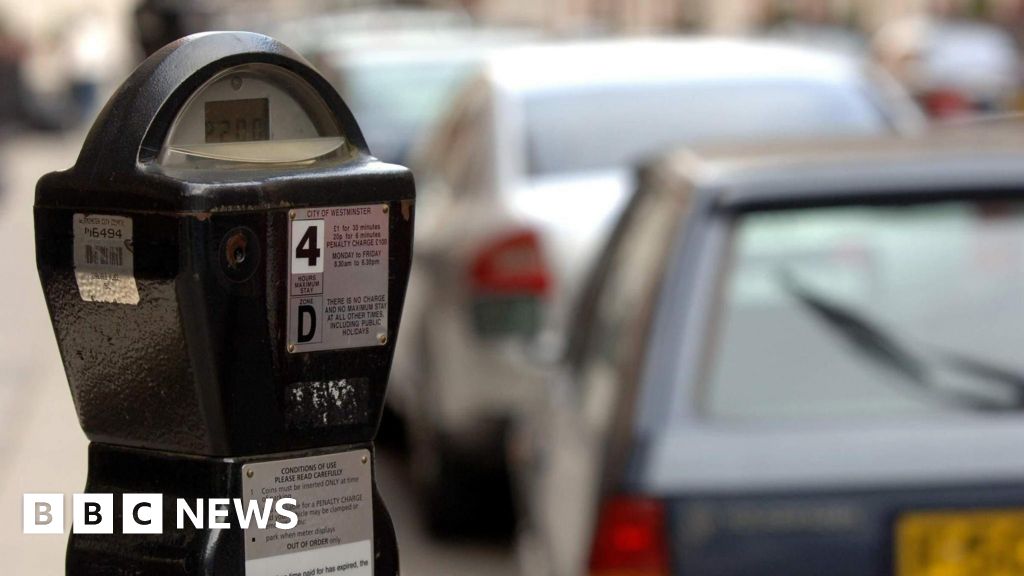
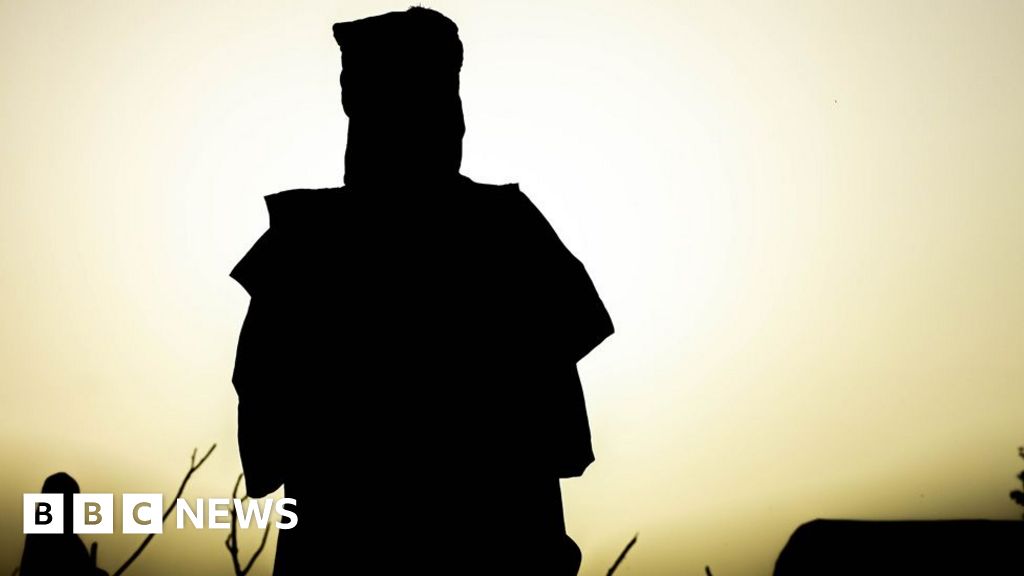
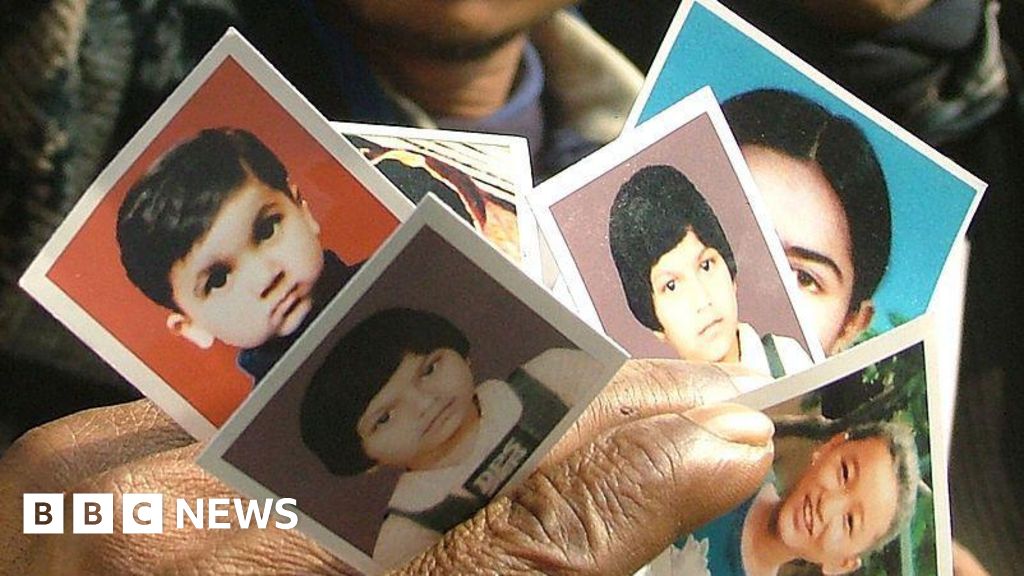

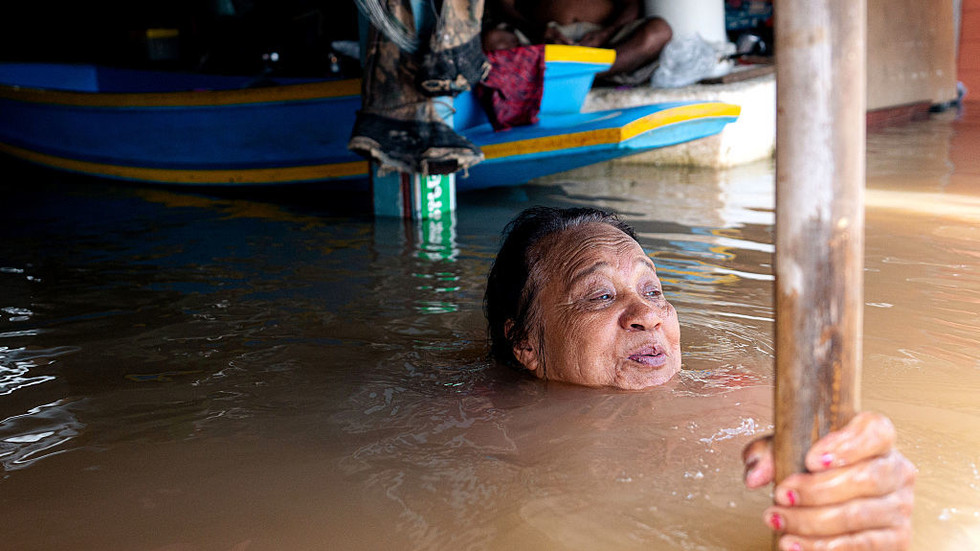

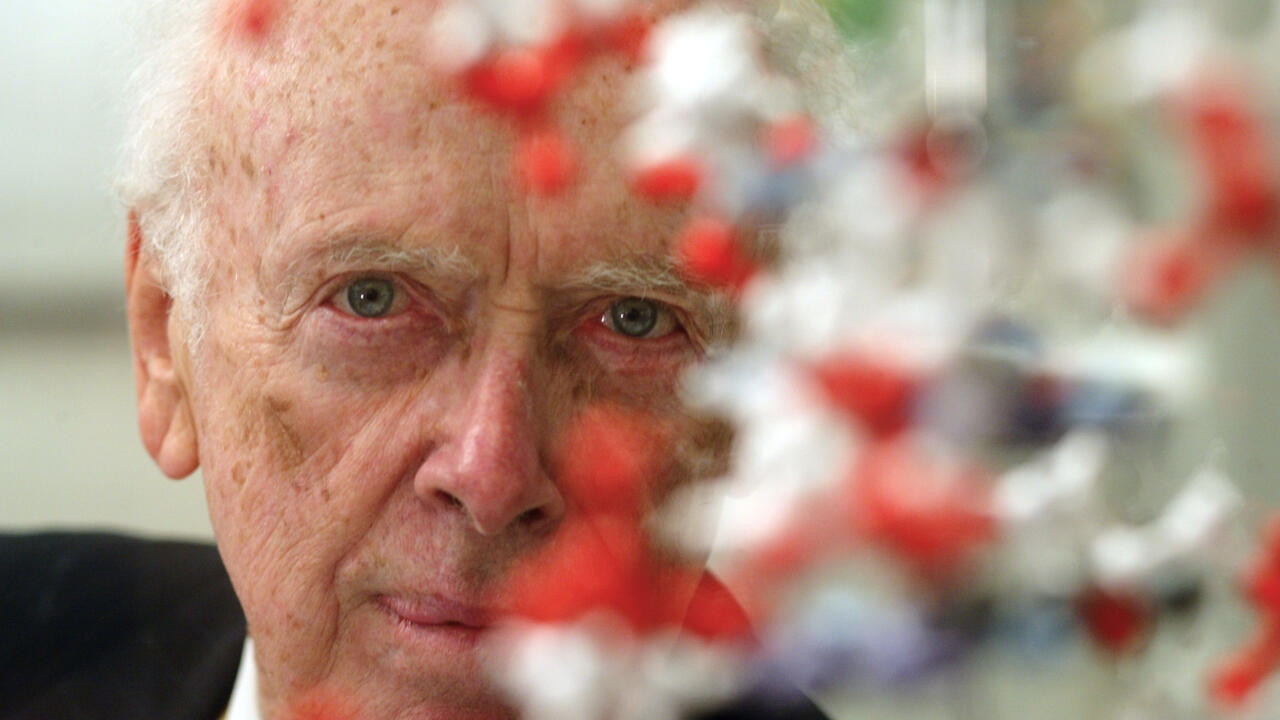
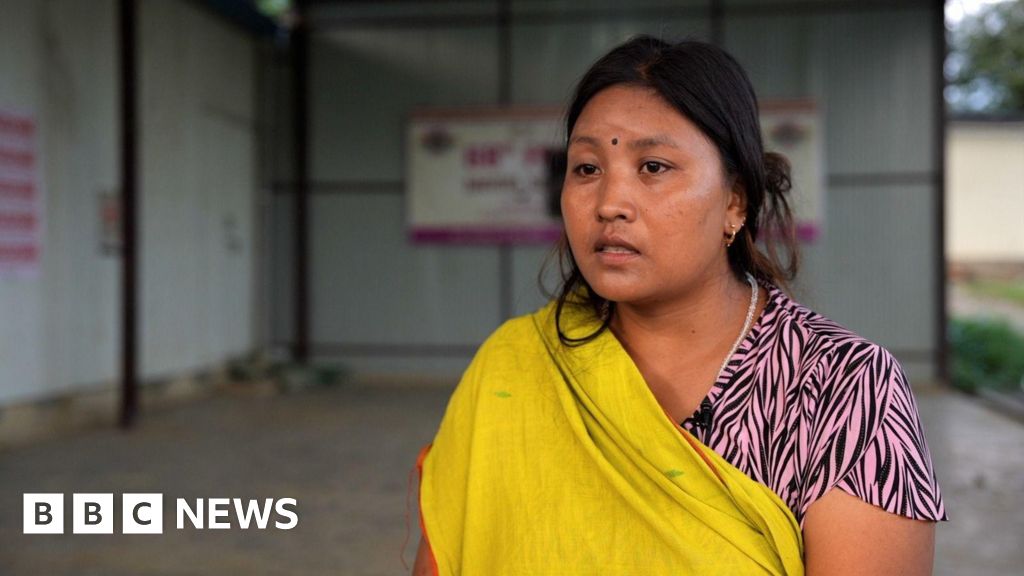


 English (US) ·
English (US) ·